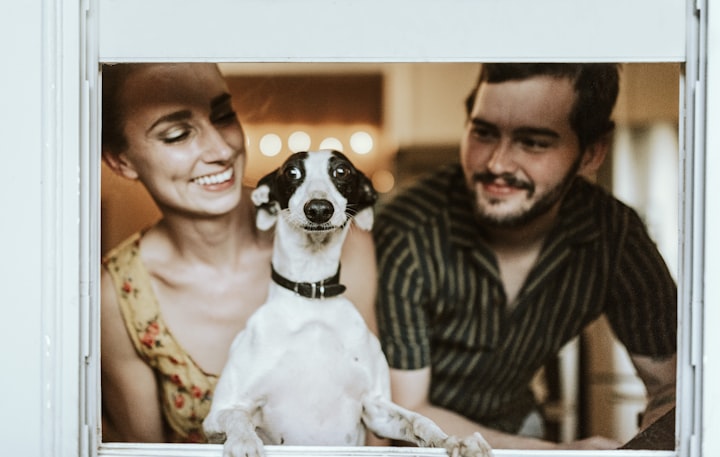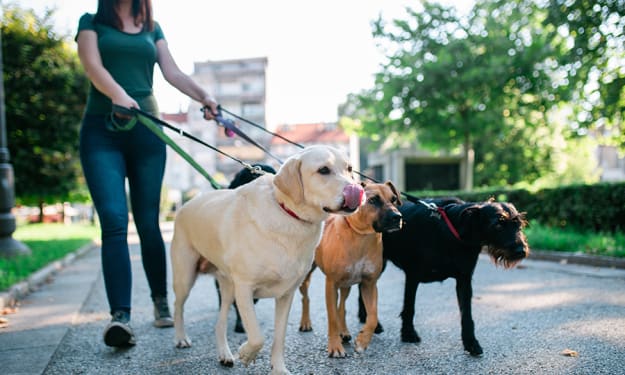With the rise of pet-friendly living spaces, more and more people are considering getting a dog.
But before you run to the dog shelter or visit your local pet store, there are some things you should know about dogs.
Here are some things you need to know before getting a dog:
Pet care: Dogs need regular baths and grooming sessions to keep their fur clean and healthy. They also need to be fed daily, which can get expensive if you don't have a good supply of high-quality dog food on hand.
Make sure you have plenty of space in your home. Dogs need space to run around and play with other dogs and people. When they don't have enough space, they can become bored or frustrated and start acting out in ways that are not acceptable.
Don't leave your dog alone for long periods without being able to play with them or exercise them first so that they stay active during the day so that they don't get bored when you're gone all day at work or school etcetera - which leads me onto my next point:
Make sure there are no harmful chemicals in any food or treats that you give your dog because this can lead them to develop health problems later on down the line such as obesity - instead try feeding them organic/natural foods such as carrots & apples as snacks; these types of foods are healthier because they contain less fat/sugar content than regular human junk food type.
Dog sitting: If you work all day or go out at night often, it might be hard for you to find someone who will take care of your dog while you're away. Consider hiring someone who lives nearby so they can check in on your pet during the day or evening when no one else is around; this will also allow them to spend time with other dogs in their neighbourhood!
Dogs need regular exercise. They can't stay cooped up in an apartment all day, so make sure that you can take your dog for walks at least once a day.
Dogs need to learn how to behave around other people and animals. You'll have to train them, but it will be worth it in the end! You can find lots of resources online or at your local library that will help you teach your puppy not to bite, chew on furniture, or jump up on people when they come over for dinner.
Getting a dog is a big deal, even if it's not your first one. And if you're bringing a new dog into an existing household, you need to make sure everyone is ready for the new addition.
Here are some things you should ask before bringing home a new friend:
-What kind of dog is right for you? There are many different kinds of dogs to choose from—so many that it can be hard to know where to start. Consider what your lifestyle is like and what you'll be using a dog for, and then do some research on breeds that fit those needs. Will he need regular checkups at the vet? If so, how often will those be?
-How do I train my dog? What kind of training does your dog need? Do I need help from professionals or can I do it on my own? Do I want to enrol her in obedience classes? Does she have any behavioural issues that might require intervention from a professional trainer or behaviourist?
When you first get a puppy, he must get trained properly so he doesn't develop bad habits later on down the line. Consider enrolling in puppy training classes with him so he can learn good manners as soon as possible!
-How much does all this cost? Can we afford it on our budget? Is there anything we can do to save money on food and other supplies for our puppy or kitten (like shopping smartly online)?
- What kind of care will your dog need? Dogs require regular grooming and brushing. They also need proper nutrition, exercise and playtime, socialization with other dogs and humans, and regular vet visits. If your schedule makes any of these things difficult to manage, consider getting a toy breed or another type of pet instead.
Additionally, it is important to remember that dogs are not like humans—they cannot tell us when they're sick or injured! To ensure that your dog stays healthy and safe, you must regularly inspect for any injuries or signs of illness (such as excessive panting or lethargy).







Comments
There are no comments for this story
Be the first to respond and start the conversation.